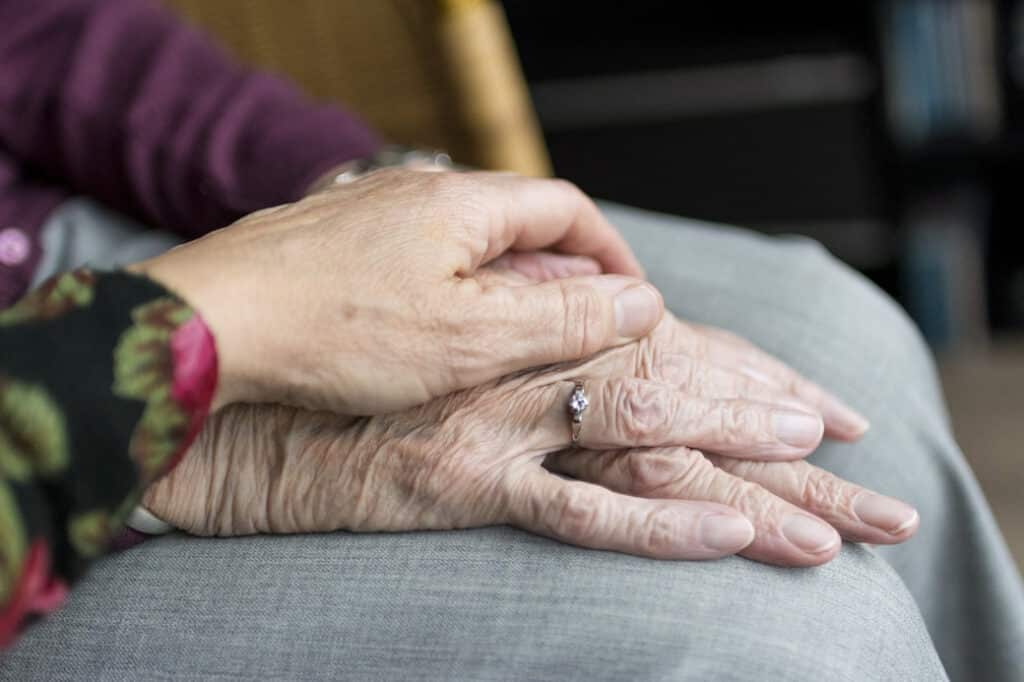When a parent or other family member receives a terminal diagnosis, you may suddenly find yourself in caretaking mode, from driving to doctor’s appointments and picking up medications to handling personal care tasks such as feeding, dressing, and bathing. On top of that, you’re probably feeling the pressure to keep up a positive attitude, even though positive might be the last thing you’re actually feeling. While you keep your loved one comfortable, however, there’s one very important task that you can’t afford to overlook: taking care of yourself. Here are a few ways that you can look after yourself while providing end-of-life care for someone else.
Learn all you can about their condition
Reading up on your loved one’s condition can give you more of a sense of control and equip you with information about treatments, side effects, what to expect, and ways to support the patient most effectively. Understanding their condition will empower you to anticipate their physical and mental changes, manage them effectively, consult the right specialists, and generally feel more prepared to cope with what’s to come.
Ask for help
No one can provide all end-of-life care alone. If you don’t already have home health or hospice assistance, ask the patient’s doctor about services available to you. There may even be services that can help you with things like running errands and transportation to doctor’s appointments. Ask family members to take turns providing care at night. If possible, consider hiring a housekeeper or meal delivery service to take some of the pressure off of you. It’s a good idea to keep a running list of tasks that you’d be willing to delegate so that when someone asks you what they can do to help, you’ll have a ready answer (mowing the lawn, picking up the kids, or providing a meal for the family, for example).
Talk to someone
Talking with someone like a therapist or spiritual leader about your experiences and feelings can be a big help when it comes to processing your emotions. Death holds different meanings for different people, and having someone that you can lean on for support is always a good thing. Finding online or live therapy and/or support groups with people who have been or are in your situation is a smart move. Besides offering encouragement, therapists and support groups can help you feel validated and less alone.
Make time for yourself
Finding things that make you happy and help you feel restored is more important than ever when you’re taking care of someone who is at the end of their life. It may be difficult to find much free time, but sneak in small activities here and there that you enjoy. For example, you might call a close friend, spend some time reading a good book before bed or in the hospital waiting room, watch a funny movie to lift your spirits, or take short walks to gather your thoughts and decompress.
Let go of guilt
You deserve to take care of yourself, too, and you shouldn’t feel guilty for doing it. When someone you love is critically ill and relying on your care, it can feel selfish to do anything but sit by their bedside. However, this irrational guilt will keep you from being the best caregiver that you can be. If providing the best company and care possible is important to you, then make time for self-care so that you’ll be refreshed and able to do just that.


